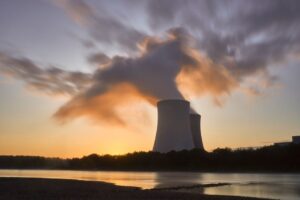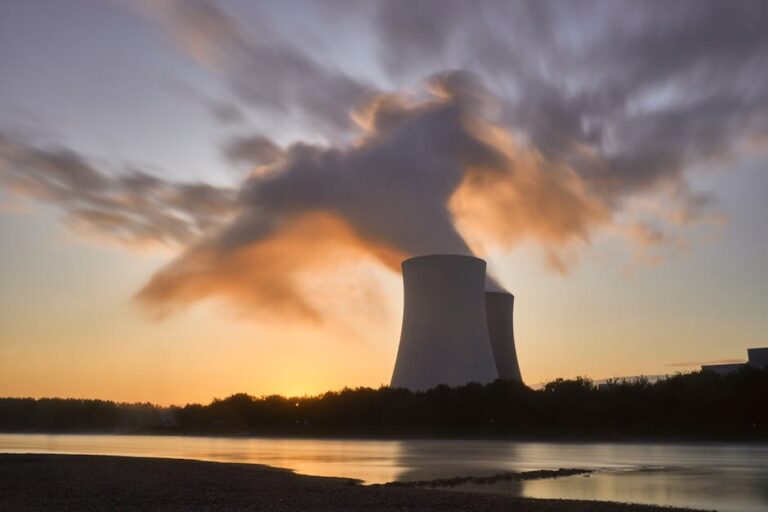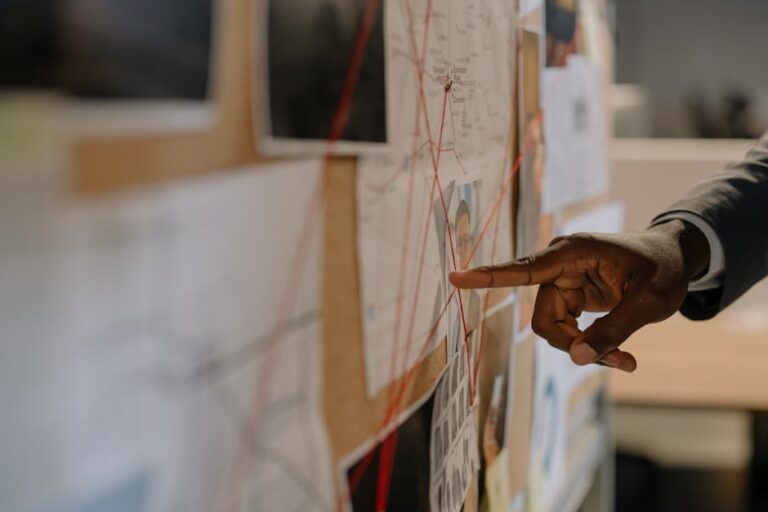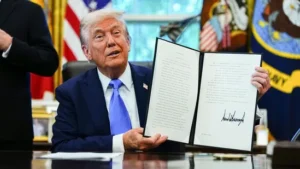Rome, September 22, 2025 – WNISR 2025, The eternal city of Rome turned into a global stage today as policymakers, scientists, energy experts, and climate activists gathered for the much-anticipated launch of the World Nuclear Industry Status Report (WNISR) 2025. The annual report, regarded as the most authoritative independent assessment of the global nuclear sector, was presented to a packed audience of government officials, researchers, media, and civil society groups.
A Defining Moment for Nuclear Energy
The WNISR 2025 launch comes at a critical time when the world is grappling with an energy trilemma: climate urgency, energy security, and economic affordability. With fossil fuel emissions surging and renewables racing ahead, nuclear energy remains one of the most divisive yet pivotal players in the global energy landscape.
The WNISR 2025 provides a sharp, data-driven review of the industry’s progress, highlighting construction delays, rising costs, safety debates, and the growing challenge from solar, wind, and battery storage technologies.
“The report underscores not just the numbers, but the narrative of a sector at a crossroads,” said one of the lead authors. “Nuclear energy is no longer just about electricity – it is about politics, sustainability, and global security.”
The release of theWNISR 2025 comes as the world faces a mounting energy trilemma — climate urgency, energy security, and affordability. With fossil fuels still dominant and renewables rapidly expanding, nuclear energy finds itself at the center of polarizing debates. Proponents see it as an indispensable tool for cutting carbon, while critics warn of spiraling costs, aging plants, and unresolved waste issues.
Rome’s Symbolic Significance
Hosting the launch in Rome, a city historically seen as a crossroads of civilizations, carried symbolic weight. Italy itself famously voted to phase out nuclear power decades ago, yet remains deeply engaged in Europe’s broader energy debates. Experts noted that Rome’s setting reinforced the duality of heritage and modern challenges – how ancient cities can be platforms for the future.
The event featured a blend of technical briefings and high-level dialogues. Panels explored whether nuclear energy can realistically play a role in achieving net-zero targets by 2050, or whether it risks becoming a financial and safety liability in a rapidly changing energy market.
Key Takeaways from WNISR 2025
- Global Nuclear Fleet Shrinking: While some countries continue building reactors, the overall global nuclear fleet is aging, with more plants closing than opening in the last decade.
- Asia Rising, West Retreating: China and India remain the most active in nuclear construction, while Europe and the U.S. face mounting shutdowns.
- Costs vs. Renewables: Nuclear projects remain significantly more expensive and slower to deploy compared to solar and wind.
- Climate Trade-offs: Advocates insist nuclear offers stable, carbon-free power, while critics warn of unresolved issues around waste, decommissioning, and safety.
Voices from the Launch
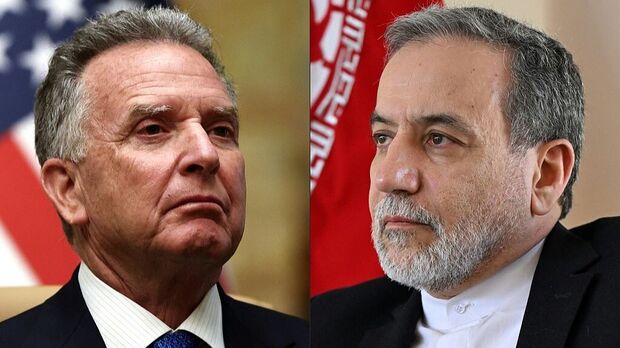
Civil society groups, including environmental watchdog Bellona Foundation, praised the WNISR for its transparency and independence.
“This report strips away the rhetoric and puts facts on the table,” said an EU climate activist in attendance. “The world needs honesty about what nuclear can and cannot deliver.”
Meanwhile, pro-nuclear advocates argued that dismissing the sector outright would be a mistake, citing energy crises and geopolitical tensions as proof of the need for diversified baseload power.
A climate activist present at the launch put it bluntly: “Every dollar spent on nuclear is a dollar not spent on renewables. The world doesn’t have time for expensive distractions.”
Nuclear advocates pushed back, stressing that renewables alone cannot ensure stable baseload power. “A diversified energy mix is the only realistic path to net zero,” said a representative from a nuclear trade group.
The Report
As the report circulates among governments, think tanks, and international bodies, its findings are expected to shape policy debates at upcoming forums including COP30 in Brazil. Rome’s role in hosting the event cements its place as not only a cultural hub, but also a center of strategic global dialogue on energy and climate.
